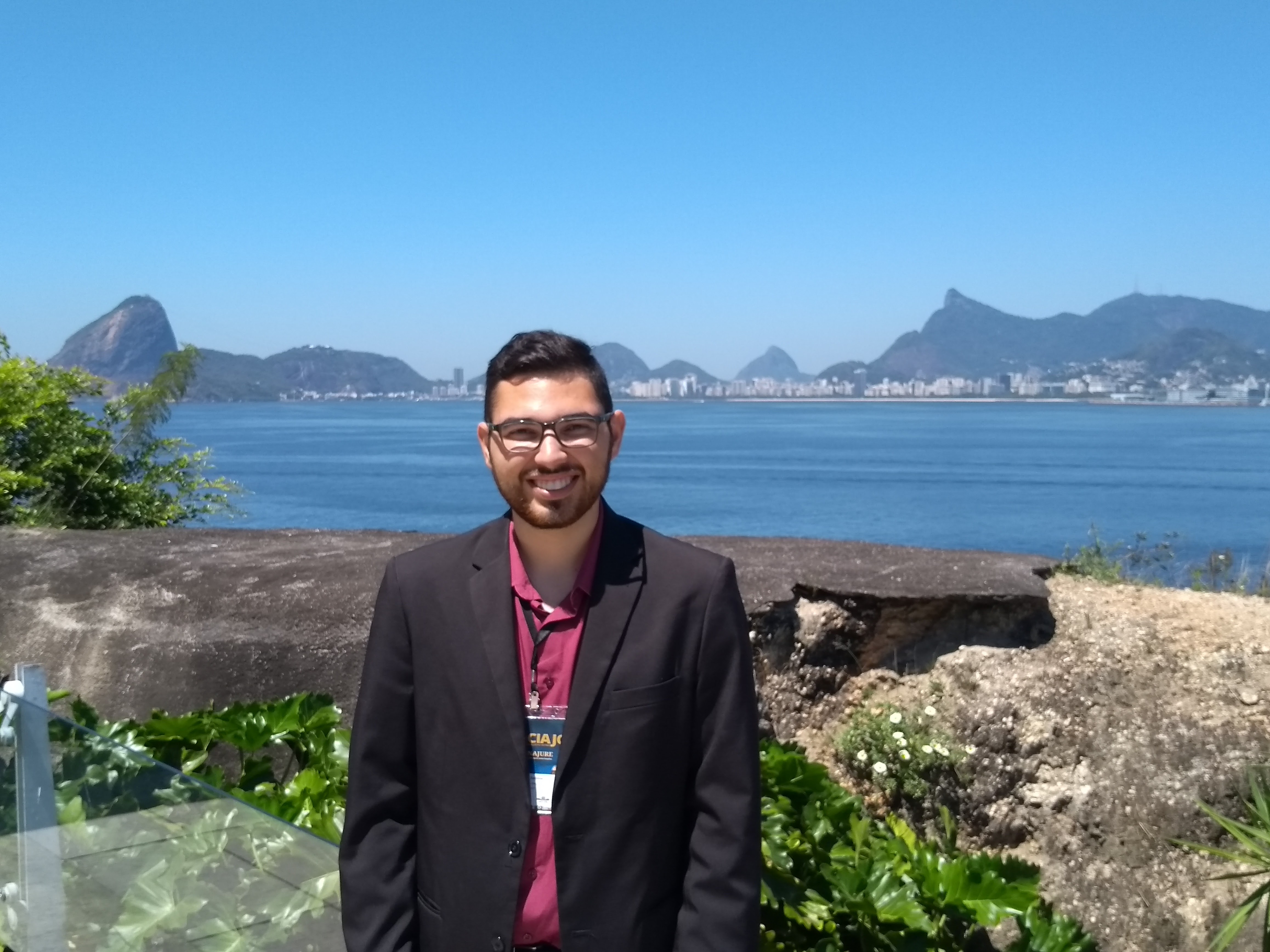The COVID-19 pandemic affects human life on a global scale. Besides its notorious political and economical consequences on foreign affairs, it also raises many questions among ordinary people about the nature of international society. In Brazil, for example, a prominent theme on social media is China’s responsibility in spreading the new virus. The discussions started some weeks ago when Eduardo Bolsonaro, a federal deputy and son of the Brazilian president, Jair Bolsonaro, shared some tweets accusing the Asian country of orchestrating a plan to increase its global power through the dissemination of the disease.
Although he was not completely wrong by pointing out the Chinese responsibility for the current world health crisis, there were more diplomatic ways to express his opinion, especially due to the fact that China is Brazil’s main commercial partner. It did not take long for the Chinese embassy’s official account on Twitter to reply to Eduardo’s tweets, demanding an apology and making soft threats if he refused to do so. The episode not only created a diplomatic crisis between the two countries, but also polarized Brazilian public opinion about the issue.
Bolsonaro’s supporters started to defend a boycott against China, something similar to the BDS campaign against Israel. Questioned by the opposition about how the Brazilian economy would survive without Chinese investments, many said Donald Trump was the answer since the US is the only guardian of the “Christian West.” The American response to Brazil, however, was not what they expected. Secretary of State Mike Pompeo made clear recently that the US can help Brazil in the prevention of the new coronavirus only after the number of cases decreases in America.
Besides stressing the Brazilians’ naïveté about international relations, this situation illustrates some interesting dynamics of the current international order. According to Hedley Bull in his seminal The Anarchical Society, there are some elements that are essential for the maintenance of order in the international society. One of them is the balance of power. It is necessary to hinder imperial aspirations and to ensure both the independence of the states as well as the functioning of important international institutions, such as diplomacy, war, and law. This, however, is apparently missing on world affairs. Two of the most important great powers, the US and China, seem to be working contrary to their roles, as suggested by Bull, leaving dependent countries in a difficult situation.
On one hand, China has used its power and influence to silence governments and organizations that dare to question its agility and transparency in dealing with the first cases of COVID-19 in Wuhan. Brazil is just one example of the countries that rely heavily on the Chinese economy and now must remain quiet. The small “act of rebellion” by Eduardo Bolsonaro, for instance, caused China to send special aid to Argentina but not Brazil.
On the other hand, US isolationism not only allowed China to expand its power globally, but also endangered the whole international society. This tendency, despite being exacerbated by the Trump administration, has been a characteristic of US foreign policy since the Obama years, something that is understandable in light of the economic and military costs of US interventions in the Middle East. Nevertheless, it can greatly harm America’s long-term national interests. As Bull argued, no great power is obligated to use its resources to seek a relevant role in international affairs, but the balance of power is essential for a stable international order.
In this regard, Brazil is a good example. Since Jair Bolsonaro came to power, the country has struggled to formulate and pursue a coherent foreign policy. Hitherto, the Brazilian president sometimes tried to imitate Trump’s grand strategy, even forgetting Brazil’s own national limitations and acting more on ideological ideas and conspiracy theories than on pragmatic and realist interests. Much of this originates from the perception that something is wrong with the world order and that the US leadership is needed.
The US can respond not only by forging a stronger alliance with Brazil, but also by acting as a great power whose leadership is essential to counter Chinese influence. As Providence’s Christian declaration on American foreign policy mentions, the US is the most powerful nation in history, a fact that influences the interests and views of many peoples and countries. In this way, “American statesmen should be sensitive to the effects of American power on those outside American borders—both to avoid unintended harm and to recognize opportunities to serve others.”
In the political realm, Brazil wants to follow the US. But economically, it is completely dependent on China. At the moment, the country lacks prudence and good diplomacy but needs both. Obviously, the US is not to blame for Brazil’s diplomatic challenges, but this episode shows how American reluctance to lead affects its allies.







 Sponsor a student for Christianity & National Security 2024
Sponsor a student for Christianity & National Security 2024